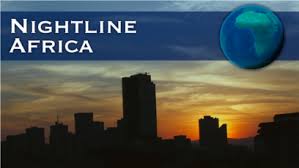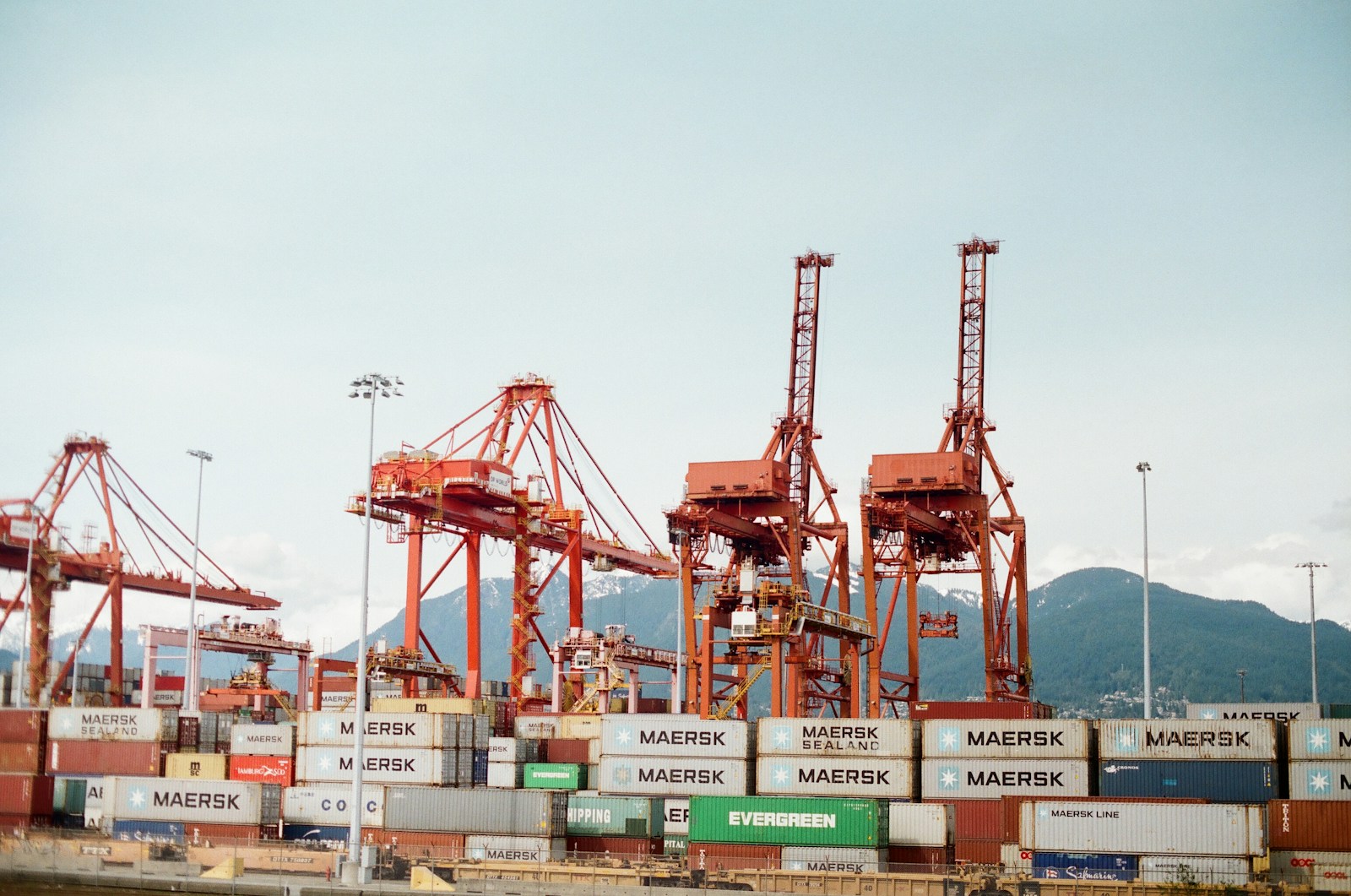
Africa is often misunderstood and misrepresented in global media. For too long, the continent has been painted with a broad brush, dominated by images of poverty, conflict, and instability. But this narrative overlooks the complexity, resilience, and diverse realities of Africa. In this article, we uncover three shocking truths about Africa that will challenge your preconceived notions and reveal the multifaceted nature of the continent.
For more: https://africatrademonitor.com/
1. Africa is the World’s Youngest Continent
A Demographic Boom
One of the most staggering truths about Africa is its youth. The continent is home to the world’s youngest population, with over 60% of its population under the age of 25. This demographic explosion is unlike anything seen in other parts of the world. Africa’s youth population is set to double by 2050, which means that the continent will account for over one-third of the global youth population by mid-century.
This youth bulge has massive implications for the continent’s economic future, political stability, and social systems. The growing youth population presents both opportunities and challenges. On the one hand, it can drive economic growth, innovation, and social change. On the other hand, if not properly managed, it could lead to unemployment, political instability, and social unrest.
Youth Entrepreneurship and Innovation
In recent years, the youth of Africa have begun to redefine the continent’s future. African youth are not just inheritors of their countries’ problems—they are actively shaping the continent’s future. Startups and social enterprises led by young people are emerging across the continent, creating job opportunities and transforming local economies. Whether it’s in technology, agriculture, or renewable energy, African youth are increasingly leading the way in entrepreneurial innovation.
In countries like Nigeria, Kenya, and South Africa, the number of tech startups is booming. In fact, Africa’s tech industry has attracted major investments from global tech giants like Google, Facebook, and Microsoft. This influx of investment and innovation could help Africa leapfrog traditional stages of industrialization and become a hub for digital and green technologies.
- Learn more about Africa’s demographic growth
Challenges of a Youthful Population
Despite the promising potential, Africa’s youthful population also faces significant challenges. Unemployment rates among young Africans are alarmingly high, with many struggling to find work. According to the International Labour Organization, youth unemployment in sub-Saharan Africa was about 12.7% in 2020, a figure that is higher than the global average.
Furthermore, the rapid urbanization and migration of young people to cities create pressure on existing infrastructure, education systems, and healthcare facilities. Governments must find ways to provide adequate services, education, and job opportunities to meet the needs of a growing young population.
- Explore youth unemployment rates in Africa
2. Africa’s Economic Growth is Outpacing Other Regions
A Rising Economic Power
In the last two decades, Africa’s economy has been growing at an impressive rate. While the global economy struggled through the 2008 financial crisis, many African economies continued to expand, fueled by high commodity prices, infrastructure development, and increased foreign investment. Africa’s GDP grew at an average of 5% per year during the 2010s, making it one of the fastest-growing regions in the world.
Some of Africa’s largest economies, such as Nigeria, South Africa, and Kenya, have diversified their economies away from raw materials like oil and minerals and have focused on sectors such as manufacturing, services, agriculture, and digital technologies. For example, Ethiopia has seen rapid industrialization, with new factories, roads, and energy infrastructure helping to accelerate economic growth.
- Learn more about Africa’s economic growth
Africa as a Global Trade Hub
One of the most significant recent developments in Africa’s economic future is the establishment of the African Continental Free Trade Area (AfCFTA), which aims to create the largest free trade zone in the world by connecting 54 African countries. The goal of AfCFTA is to increase intra-African trade by eliminating tariffs, reducing trade barriers, and promoting economic cooperation between nations.
This initiative is expected to boost Africa’s trade by over 50%, creating new opportunities for businesses and improving the continent’s ability to compete on the global stage. By reducing reliance on foreign markets and stimulating local businesses, AfCFTA is seen as a major step in Africa’s journey toward economic independence and prosperity.
A Continent of Economic Disparities
However, while Africa’s economy is growing, it remains a continent marked by stark economic disparities. Countries such as Nigeria, South Africa, and Egypt dominate the economic landscape, while smaller nations such as Chad, Niger, and Burundi struggle with poverty, political instability, and underdeveloped infrastructures.
Furthermore, the COVID-19 pandemic exposed the vulnerabilities of African economies, with many countries facing massive economic setbacks. The pandemic resulted in job losses, supply chain disruptions, and declines in foreign investments, hitting the most vulnerable populations hardest.
- Explore the economic impact of COVID-19 on Africa
3. Africa is Home to Some of the World’s Most Diverse Ecosystems
A Global Biodiversity Hotspot
Africa is a treasure trove of biodiversity, home to an astounding range of species and ecosystems. From the savannahs of East Africa to the rainforests of the Congo Basin, the deserts of the Sahara to the wetlands of West Africa, the continent is a vast ecological wonderland. Africa is home to over 1,100 mammal species, more than 2,600 bird species, and over 4,000 plant species.
This incredible biodiversity is essential not only for Africa’s ecosystems but also for the entire planet. Africa’s rainforests, particularly the Congo Basin, are often referred to as the “lungs of the Earth” because they play a crucial role in absorbing carbon dioxide and producing oxygen. The continent is also home to iconic species such as elephants, rhinos, lions, and gorillas, which are vital to both the continent’s cultural identity and global conservation efforts.
- Discover Africa’s biodiversity
Threats to Africa’s Ecosystems
Unfortunately, Africa’s biodiversity is under threat. Deforestation, illegal wildlife poaching, climate change, and rapid urbanization are putting immense pressure on the continent’s ecosystems. The African elephant population, for example, has plummeted by over 60% in the past few decades due to poaching and habitat loss.
Furthermore, as global demand for natural resources grows, Africa is increasingly becoming a battleground for exploitation. The Congo Basin, which houses one of the largest rainforests in the world, is being cleared for logging and mining. The impact of these activities is devastating, leading to habitat loss, reduced biodiversity, and increased carbon emissions.
Conservation Efforts and Sustainability
In response to these threats, several African countries have ramped up their efforts to protect their natural heritage. Conservation initiatives, such as anti-poaching programs and the establishment of national parks, are making a difference. In East Africa, countries like Kenya and Tanzania have introduced successful wildlife protection programs, and the Congo Basin has seen the establishment of numerous protected areas.
Additionally, the concept of sustainable development is gaining ground in Africa. African governments, NGOs, and businesses are increasingly embracing green technologies and conservation practices that protect the environment while promoting economic growth. From renewable energy projects to sustainable agriculture practices, the continent is beginning to chart a new course toward a more sustainable future.
- Read about Africa’s conservation efforts
Conclusion: Africa’s Resilience and Transformation
Africa is a continent in transition, with a young, dynamic population, an emerging economic powerhouse, and rich natural resources. Despite the challenges it faces, Africa is full of promise and opportunities. Understanding the complex truths about Africa—such as its youthful demographic, economic growth, and ecological diversity—can reshape the way we view the continent and inspire us to be part of its transformative journey.
As Africa continues to evolve, it is important to focus on the positive changes taking place, support sustainable development, and encourage global collaboration to address the continent’s challenges. Africa’s future is not set in stone; it is being shaped by its people, its leaders, and the world’s growing recognition of its potential.
External Resources:
- World Population Review – Africa’s Population Growth
- International Labour Organization – Youth Employment
- African Development Bank – Economic Outlook
- World Wildlife Fund – Africa’s Biodiversity




